Professional tile sealing that prevents stains, water damage, and costly repairs before they start.
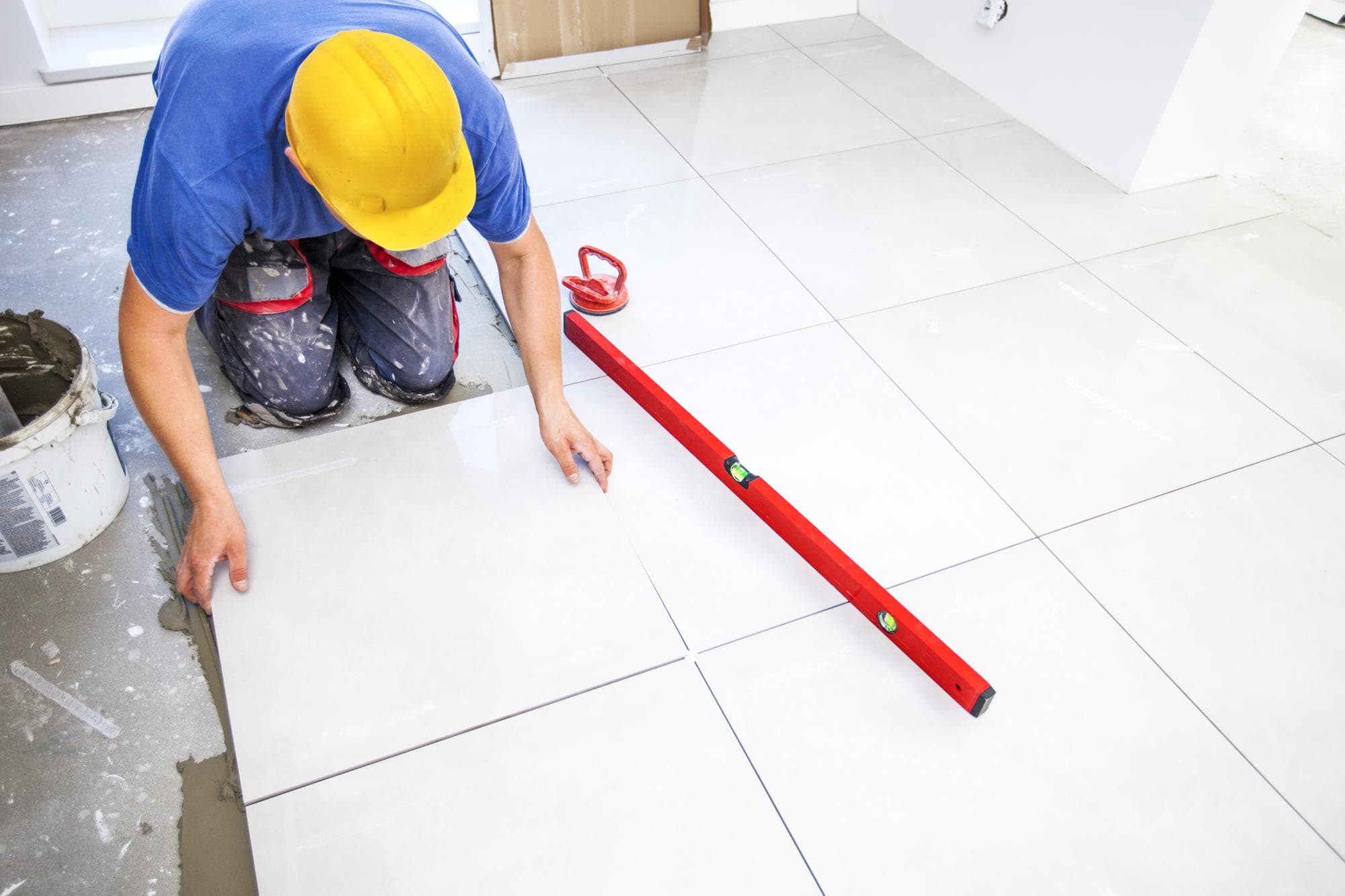
Hear from Our Customers
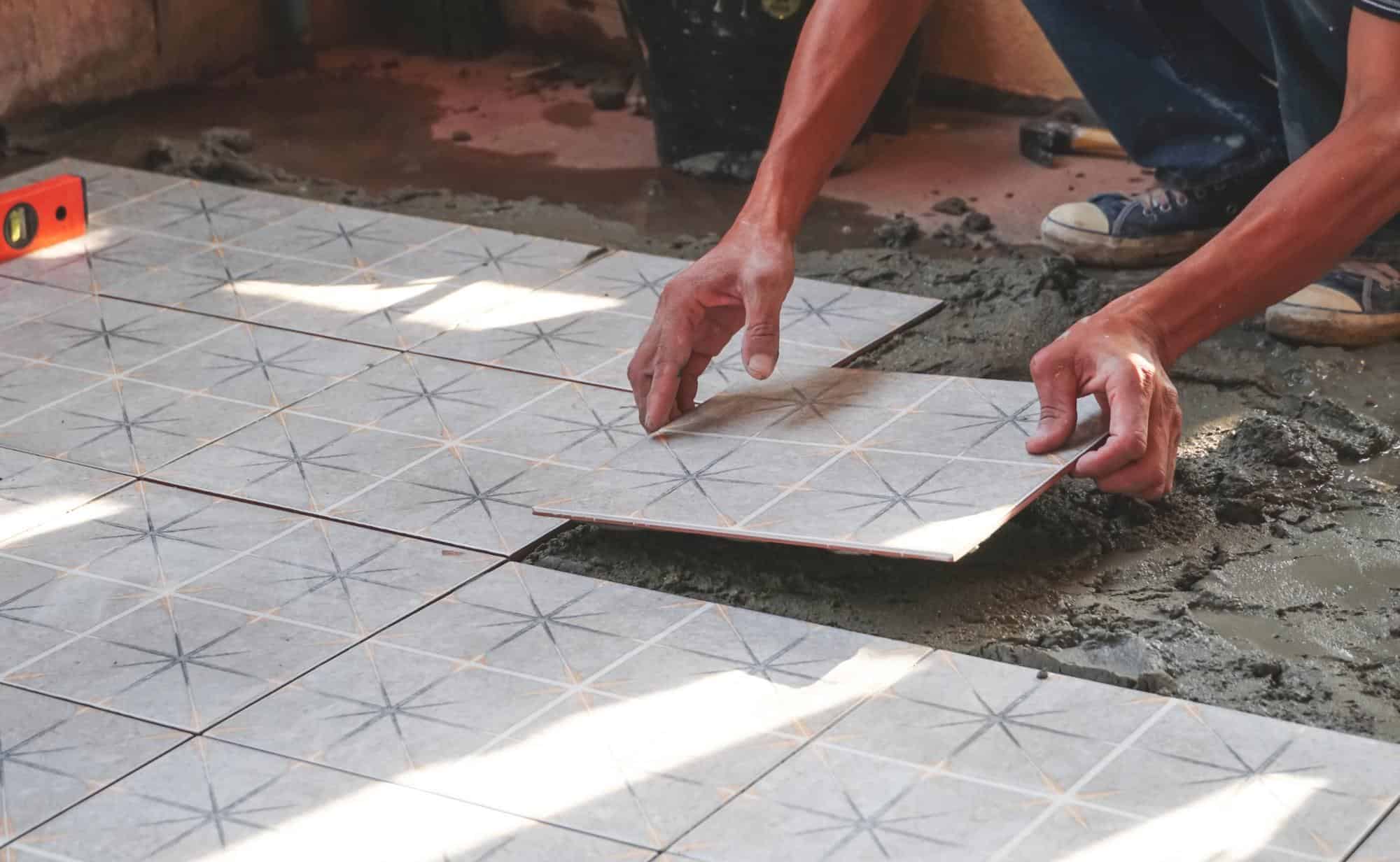
Your tile investment deserves protection that actually works. When you seal your tiles properly, spills bead up instead of soaking in. Coffee, wine, even soy sauce – they wipe away without leaving a trace.
That’s because quality sealing creates an invisible barrier that stops liquids and dirt from penetrating your tile and grout. Your floors stay cleaner longer, and your regular maintenance becomes simple instead of exhausting.
The difference is dramatic. Sealed tiles resist staining, fight off mold and mildew, and maintain their original appearance for years instead of months.
Diamond Stone Restorations Corp has been serving the New York area with specialized stone, marble, and tile restoration services. We understand the unique challenges that Elmsmere homeowners and property managers face with their tile surfaces.
Located in the heart of New York’s competitive real estate market, we’ve built our reputation on delivering results that protect property values. Our approach focuses on restoration over replacement – a philosophy that saves clients thousands while delivering superior long-term performance.
Every project receives the same attention to detail, whether it’s a residential bathroom or a commercial space that sees heavy traffic daily.
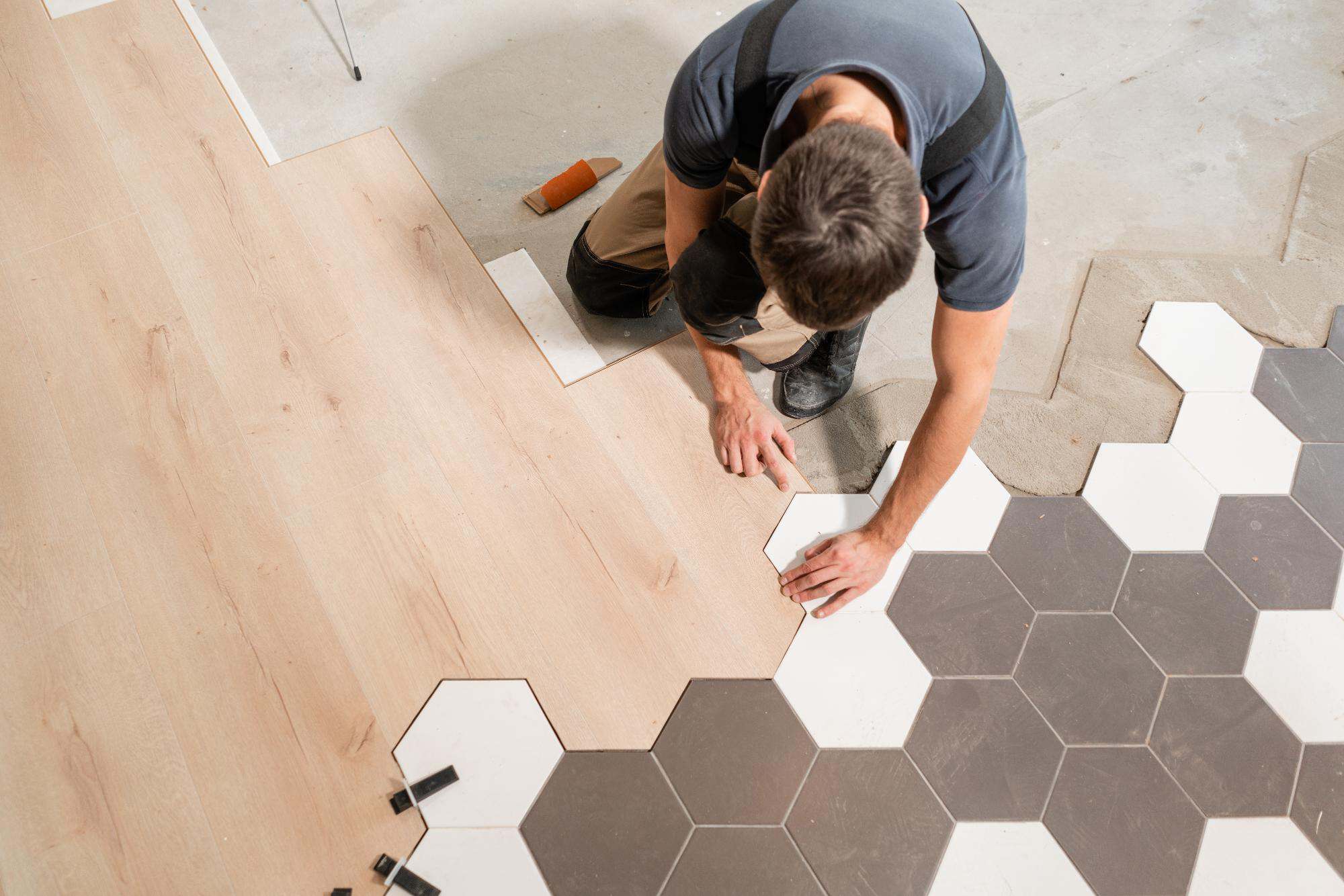
The process starts with a thorough assessment of your tile and grout condition. We clean the surfaces completely, removing any existing stains, soap scum, or embedded dirt that could interfere with proper sealing.
Next comes the application of professional-grade sealer. This isn’t the consumer-grade product you’ll find at home improvement stores. We use commercial formulations that penetrate deep into porous materials and create lasting protection.
The final step involves curing time and quality inspection. You’ll know the job is done right when water beads up on your grout lines instead of soaking in. Most applications protect your surfaces for up to two years with normal use.
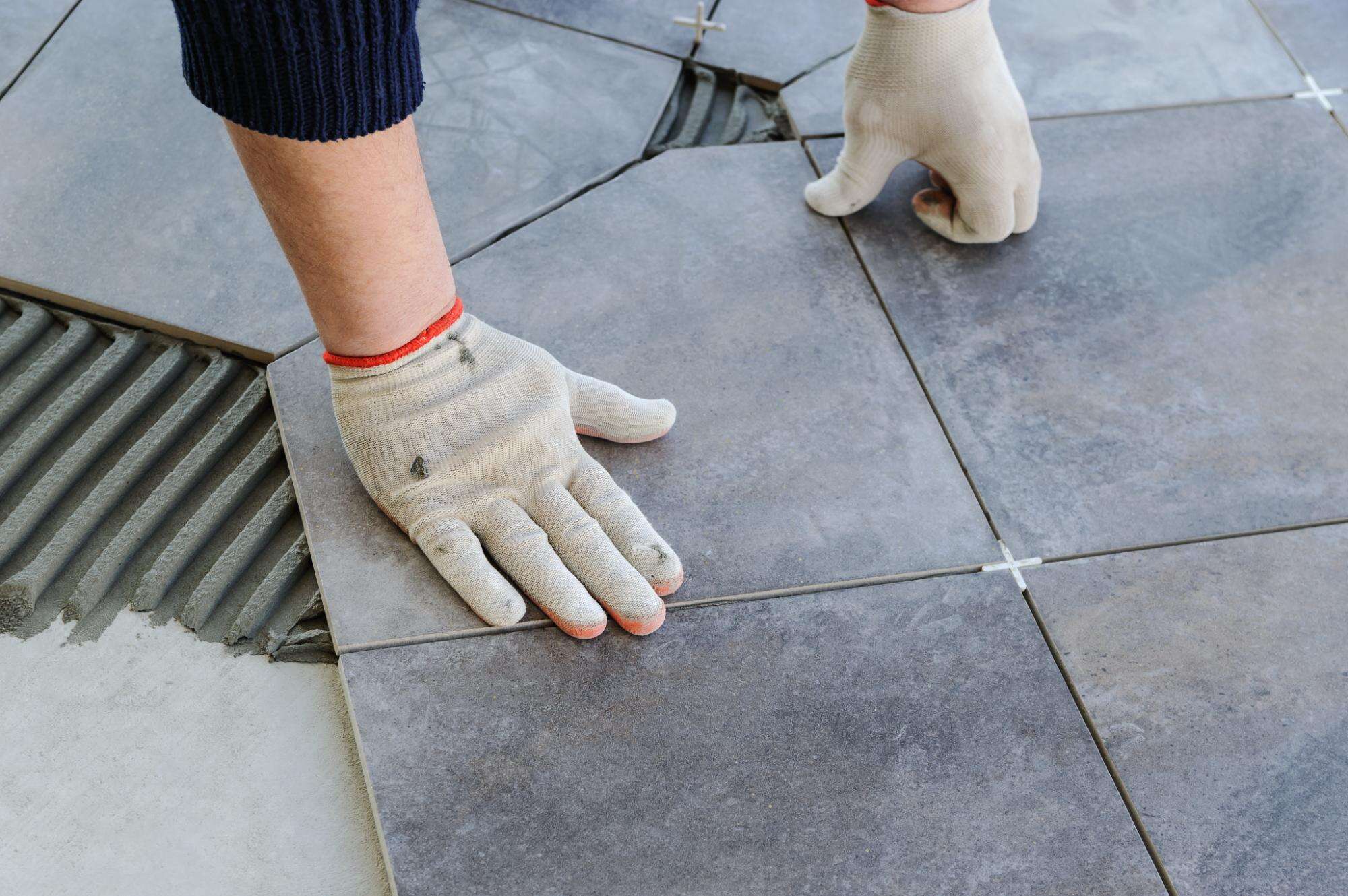
Ready to get started?
Your service includes deep cleaning, professional sealing application, and protective treatment for both tiles and grout lines. We work with ceramic, porcelain, natural stone, and specialty tiles throughout Elmsmere and surrounding areas.
New York’s climate presents unique challenges for tile maintenance. High humidity, temperature fluctuations, and urban pollutants can accelerate tile deterioration. Professional sealing addresses these local conditions specifically.
The treatment includes mildewcide protection – especially important in New York’s humid summers. Your sealed surfaces resist mold and mildew growth while maintaining their appearance through seasonal changes and heavy use periods.
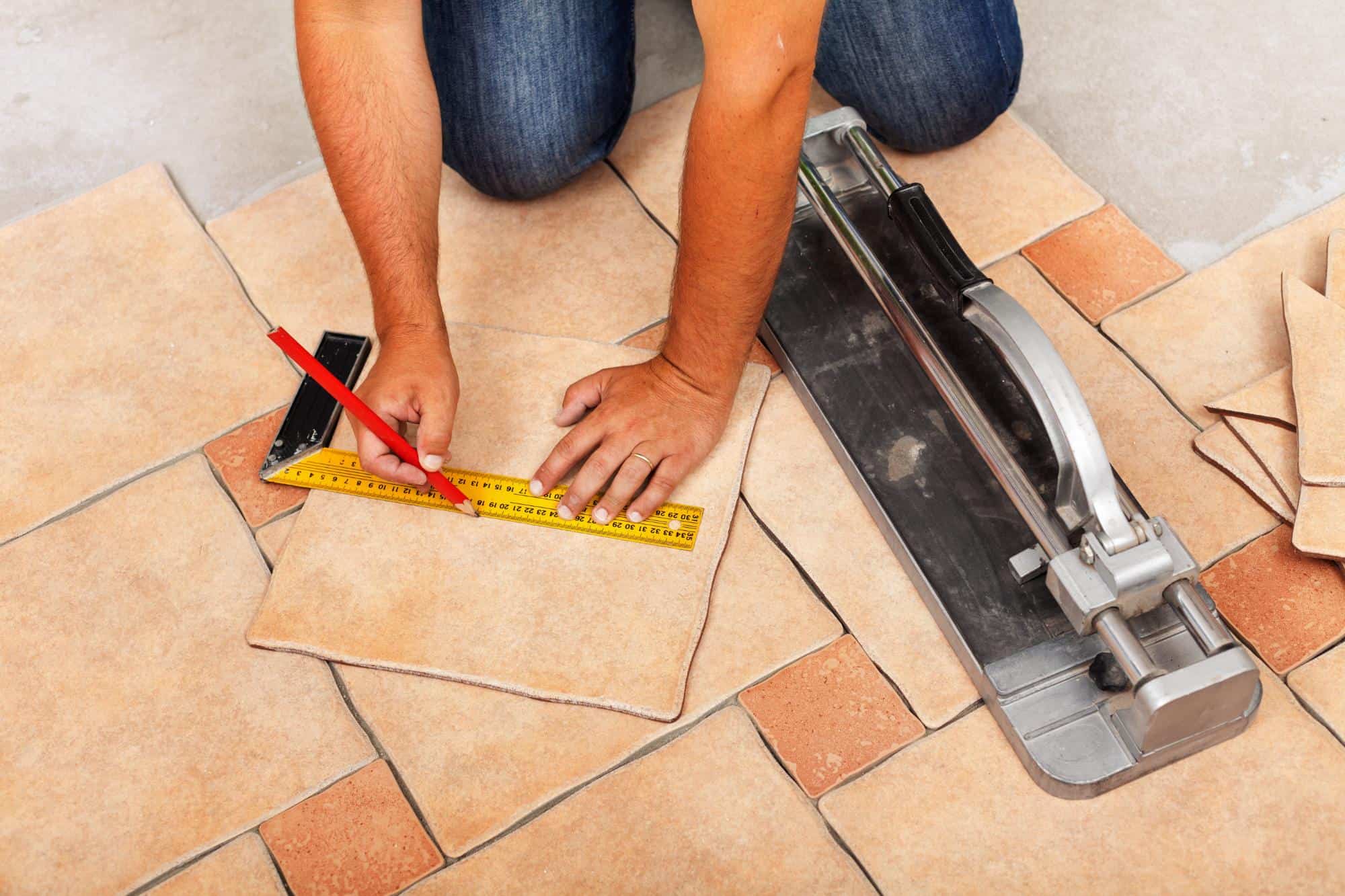
Ready To Restore The Beauty Inside Your Stone?
Contact us today!
Diamond Stone Restorations Corp
Company
Support
Useful Links